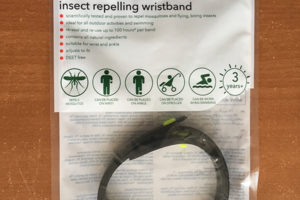My Blog
Grammar and Writing Tips
I Hate Mosquitos
Mosquitos have no right to life. Well, okay, they can live, as long as they steer waaaay of me.
Spellcheck is Not Enough
This point has been made before, but every now and again, it seems wise to bring it up again. Spell check programs will tell you if a word is spelled incorrectly … in its limited awareness.
Mostly, what this means is that regardless of how it is spelled, the program does not know if that’s the right word to use.
How to Write
Can you talk? Because if you can, you can write. Probably not like a pro, but you can write well enough to get your point across. But so many otherwise very bright and articulate people go into a catatonic stupor when faced with a blank white page, or computer screen.
The Oxford Comma: Yes? No?
The Oxford comma, sometimes called the serial comma, is the one that comes after the next to last item in a list. It’s followed by and or or, and then the last item in the list. Or does it? This is one of the Great Debates among grammarians.
Among vs. Amongst
They’re the same. Usually, when I do one of these this v. that things, the two words are not the same. In this case, they are interchangeable. Sort of. (You knew it couldn’t be that easy, right?)
Summary v. Synopsis
If you’re like most of us, you’re not even sure there’s a difference between the two terms. There is. A summary is very short and just gives the main idea. It’s usually just one paragraph, like the first paragraph of a newspaper article. It tells you what the main point is, then the rest of the story goes on the flesh it out and and support the point made in the first paragraph. Same thing with a book.
A Lot v. Alot v. Allot
Okay, first of all, let’s debunk this myth right now: alot is not a word. Not in English, anyway. It’s not even an accepted alternate spelling of a lot. It just does not exist.
Lose vs. Loose
This one’s got to be tough for people trying to learn English. First of all, neither word is pronounced the way it’s spelled. The s in loose is pronounced as though there is no e at the end. That is, with a hard s, like sss, rather than the z sound it so often is. The s in lose, on the other hand, is pronounced like a z.
Possessive Plurals
Or if the word ends with an s. Generally speaking, to make a noun a possessive – i.e., indicate ownership – you just add ‘s to the end. The dog’s leash got tangled. That’s Robert’s book. What is the Sarah’s address?


